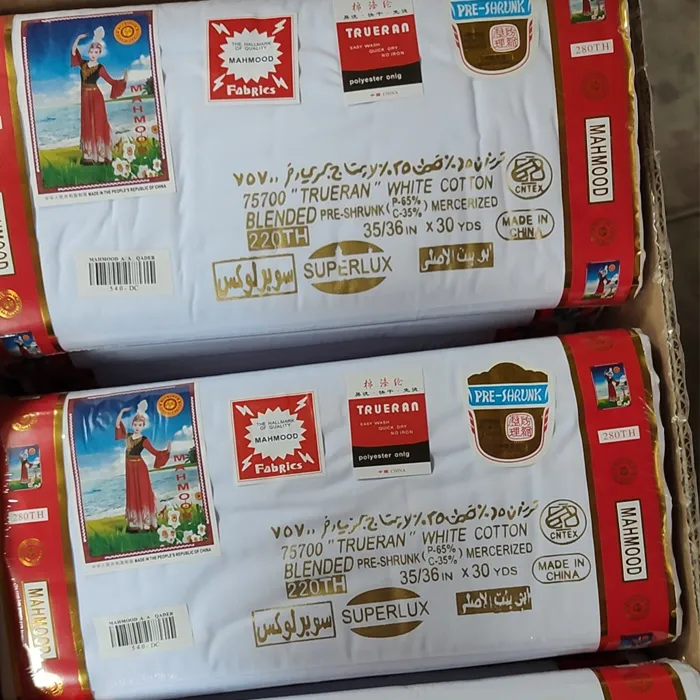
- Afrikaans
- Albanian
- Amharic
- Arabic
- Armenian
- Azerbaijani
- Basque
- Belarusian
- Bengali
- Bosnian
- Bulgarian
- Catalan
- Cebuano
- Corsican
- Croatian
- Czech
- Danish
- Dutch
- English
- Esperanto
- Estonian
- Finnish
- French
- Frisian
- Galician
- Georgian
- German
- Greek
- Gujarati
- haitian_creole
- hausa
- hawaiian
- Hebrew
- Hindi
- Miao
- Hungarian
- Icelandic
- igbo
- Indonesian
- irish
- Italian
- Japanese
- Javanese
- Kannada
- kazakh
- Khmer
- Rwandese
- Korean
- Kurdish
- Kyrgyz
- Lao
- Latin
- Latvian
- Lithuanian
- Luxembourgish
- Macedonian
- Malgashi
- Malay
- Malayalam
- Maltese
- Maori
- Marathi
- Mongolian
- Myanmar
- Nepali
- Norwegian
- Norwegian
- Occitan
- Pashto
- Persian
- Polish
- Portuguese
- Punjabi
- Romanian
- Russian
- Samoan
- scottish-gaelic
- Serbian
- Sesotho
- Shona
- Sindhi
- Sinhala
- Slovak
- Slovenian
- Somali
- Spanish
- Sundanese
- Swahili
- Swedish
- Tagalog
- Tajik
- Tamil
- Tatar
- Telugu
- Thai
- Turkish
- Turkmen
- Ukrainian
- Urdu
- Uighur
- Uzbek
- Vietnamese
- Welsh
- Bantu
- Yiddish
- Yoruba
- Zulu
Sustainable Suppliers of Recycled Cotton for Eco-Friendly Fashion and Textiles
The Rise of Recycled Cotton Suppliers A Sustainable Future for Fashion
In recent years, the fashion industry has faced increasing scrutiny for its environmental impact. The harmful practices associated with traditional cotton production, including significant water consumption, pesticide use, and land degradation, have prompted a shift towards more sustainable options. One of the most promising solutions to this pressing issue is the rise of recycled cotton suppliers. These companies transform textile waste into new materials, thereby reducing the demand for virgin cotton and minimizing overall environmental damage.
Recycled cotton is produced by reprocessing cotton garments that have reached the end of their lifecycle. This process involves collecting used cotton products, such as t-shirts, denim, and other clothing items, which are then shredded and processed to remove impurities. The fibers are subsequently spun into new yarn, ready to be woven into fresh fabrics. By utilizing existing resources, recycled cotton suppliers play a crucial role in conserving water, reducing waste, and cutting down on greenhouse gas emissions.
One key advantage of recycled cotton is its lower environmental footprint compared to virgin cotton production. Traditional cotton farming requires around 7,000 liters of water to produce just one kilogram of cotton. In contrast, recycled cotton significantly reduces water usage, as it repurposes existing materials rather than relying on water-intensive farming practices. Furthermore, recycling cotton diverts textile waste from landfills, where it would otherwise contribute to pollution and greenhouse gas emissions over time.
As awareness of sustainability grows, numerous brands have begun to incorporate recycled cotton into their product lines. These companies not only enhance their corporate social responsibility (CSR) profile but also cater to a more environmentally conscious consumer base. Customers are increasingly seeking products that align with their values, and recycled cotton offers a tangible solution for those wanting to minimize their ecological impact. Brands like H&M, Levi's, and Patagonia are pioneering this movement, championing recycled cotton and promoting circular fashion practices.
recycled cotton suppliers

Moreover, the demand for recycled cotton is not just limited to clothing. Home textiles, such as bedding and curtains, are also seeing a shift towards sustainable materials. Numerous recycled cotton suppliers are now catering to the home goods market, offering everything from rugs to decorative cushions made from recycled fibers. This expanding market presents an opportunity for businesses to innovate and develop new products while adhering to sustainable practices.
However, while the growth of recycled cotton suppliers presents significant benefits, challenges remain. The current recycling technology can struggle to handle mixed-fiber textiles, which are common in modern clothing. Additionally, the quality of recycled cotton can sometimes be inconsistent, impacting its acceptance among high-end fashion brands. Investing in advanced recycling technologies and processes will be crucial in overcoming these obstacles and ensuring a steady supply of high-quality recycled cotton.
Education and awareness are also essential components in the success of recycled cotton. Consumers must understand the importance of recycling and the role it plays in promoting sustainable fashion. By educating the public about the benefits of choosing recycled materials, suppliers can foster a community of conscious consumers who value sustainability.
In conclusion, recycled cotton suppliers represent a significant step forward in the quest for a more sustainable fashion industry. By reusing and repurposing existing materials, these companies contribute to environmental conservation, reduce waste, and promote sustainable practices. As more brands adopt recycled cotton, the future of fashion looks brighter, with a growing commitment to protecting our planet. Embracing recycled cotton is not only a practical solution but a necessary path towards a more eco-friendly and responsible industry.
-
The Versatility and Elegance of White Cotton Poplin FabricNewsJun.23,2025
-
The Luxurious Comfort of Carded CottonNewsJun.23,2025
-
Explore the Luxurious Comfort of Cotton Flannel ClothNewsJun.23,2025
-
Discover the Versatility of Cotton Poplin ClothNewsJun.23,2025
-
Bleach Cotton FabricNewsJun.23,2025
-
100 Cotton BlendNewsJun.23,2025
-
Versatile Elegance with Poplin Fabric for SaleNewsMay.15,2025
